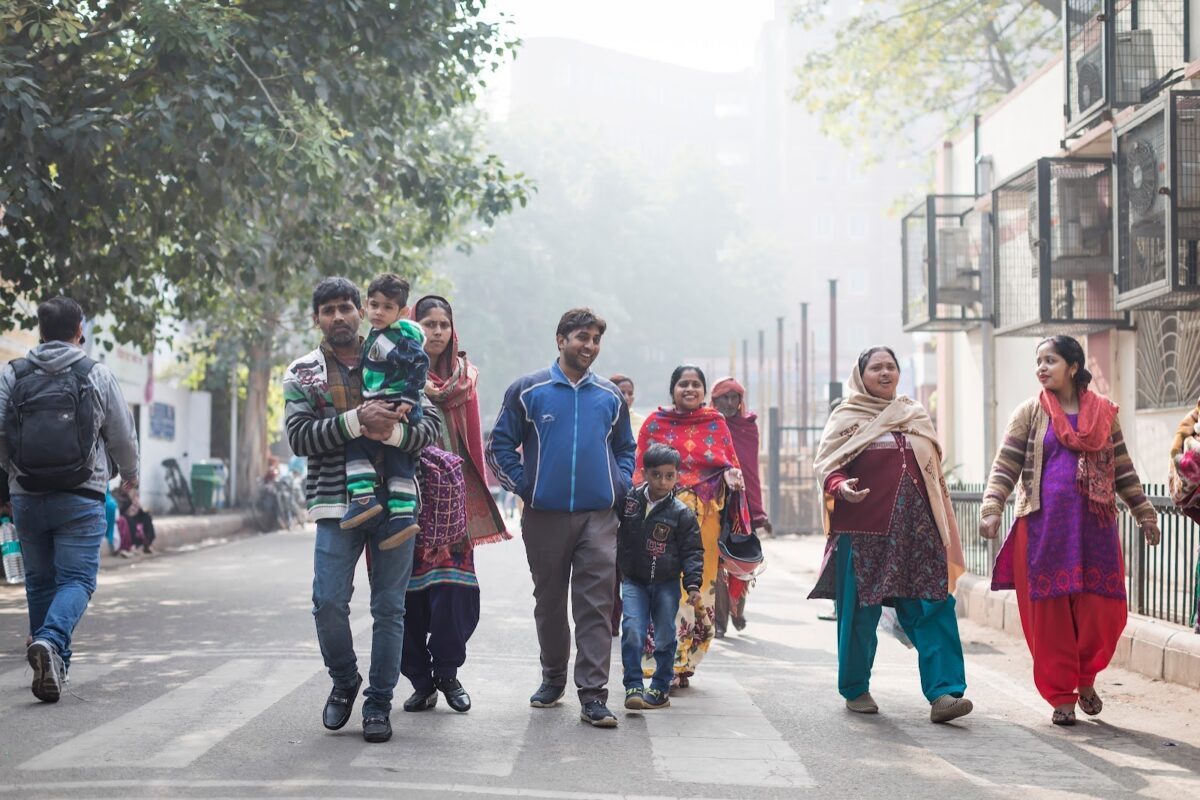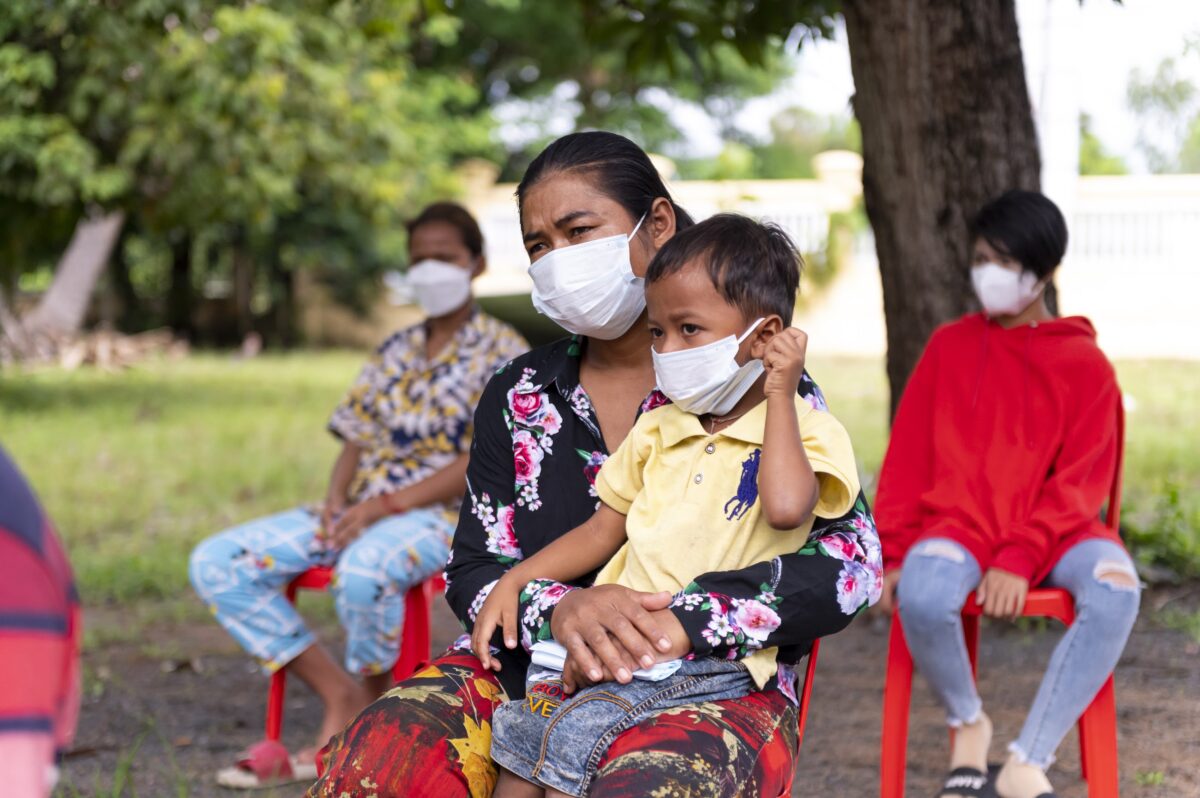Why do we not use antibody tests to diagnose COVID-19 infections?
Checking for antibodies is not the most accurate indicator of the presence of a SARS-COV-2 infection.
What are antibody tests?
This article explains the role antibody tests are playing in fighting the pandemic.
Antibodies neutralize foreign cells the body sees as a threat. Most COVID-19 vaccines trigger the body to produce antibodies against the spike protein in the SARS-COV-2 virus.
The spike protein is a molecule found on the surface of the virus, and it helps the virus to enter the host cells and spread from there.
Why can’t we use antibody testing to measure vaccine efficacy?
COVID-19 serology tests were designed early in the pandemic to detect only a few antibodies generated by natural infection, not vaccine-induced immunity.
They detect antibodies produced to fight the protein capsule around the virus and not the spike protein, while most COVID-19 vaccines introduce the body to small amounts of the genetic material in the spike protein to elicit an immune reaction.
Can antibody testing determine if a vaccine worked?
Not precisely. It takes around two weeks for the body to generate antibodies after COVID-19 vaccination, so even tests to detect the “right” antibody could be negative in the first few weeks after vaccination.
Can antibody tests be wrong?
The United States Food and Drug Administration (FDA) has recommended that antibody testing not be used to evaluate either immunity levels or protection levels from SARS-COV-2.
Why still do antibody tests?
Data from antibody tests are helpful for surveillance studies. In these studies, large numbers of people in a community are tested. These studies estimate how many people were infected in the past and how fast the virus spreads.



